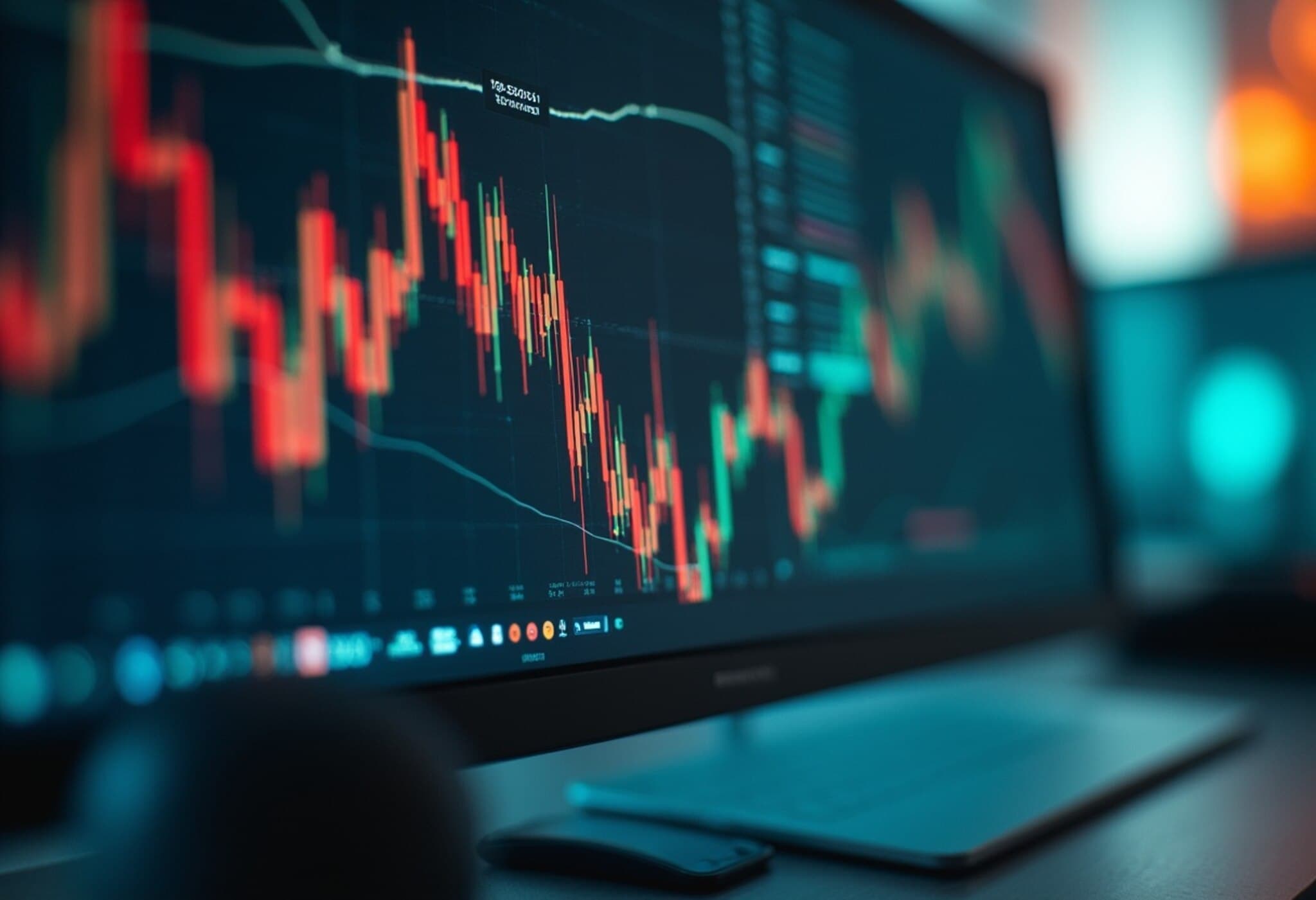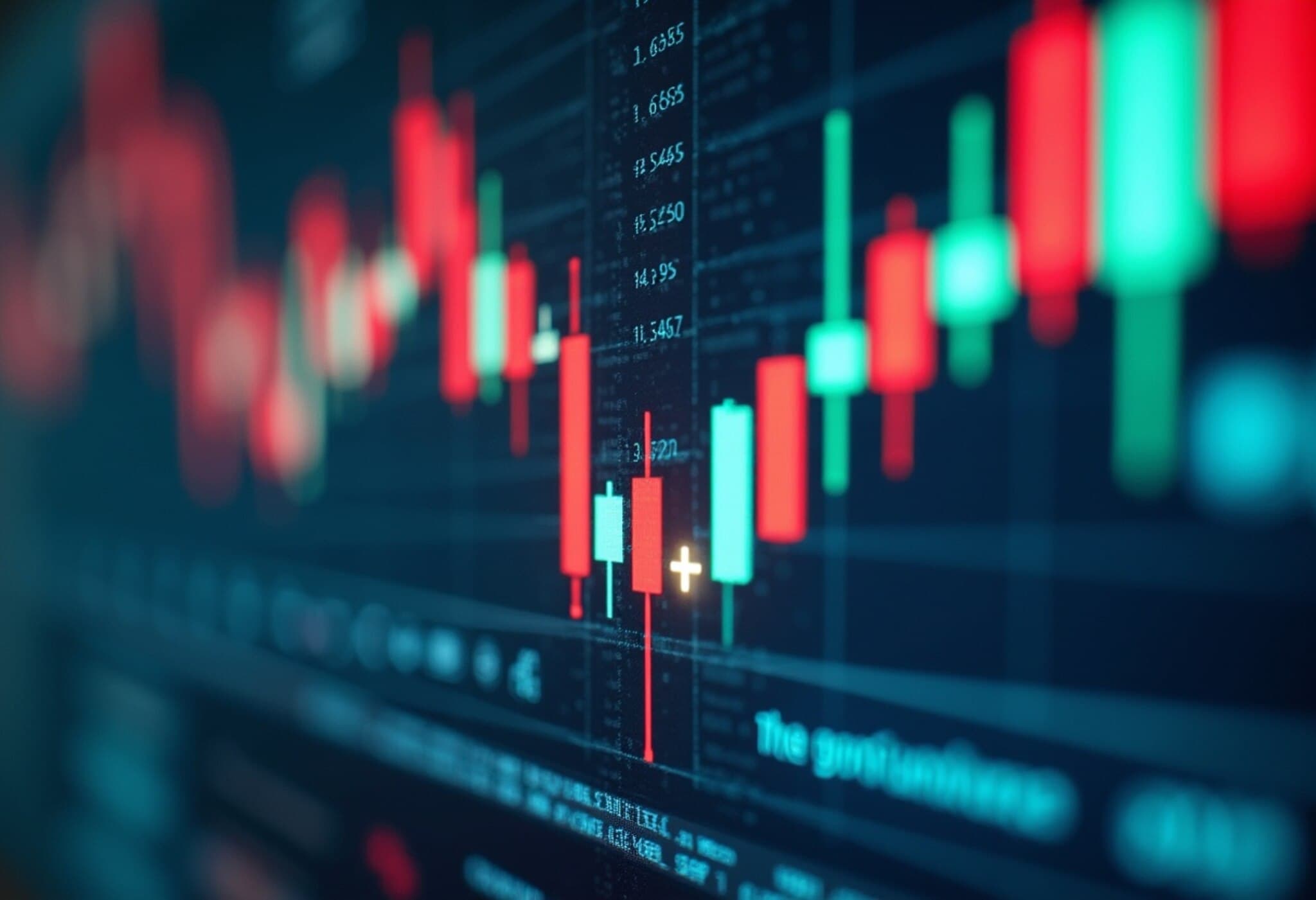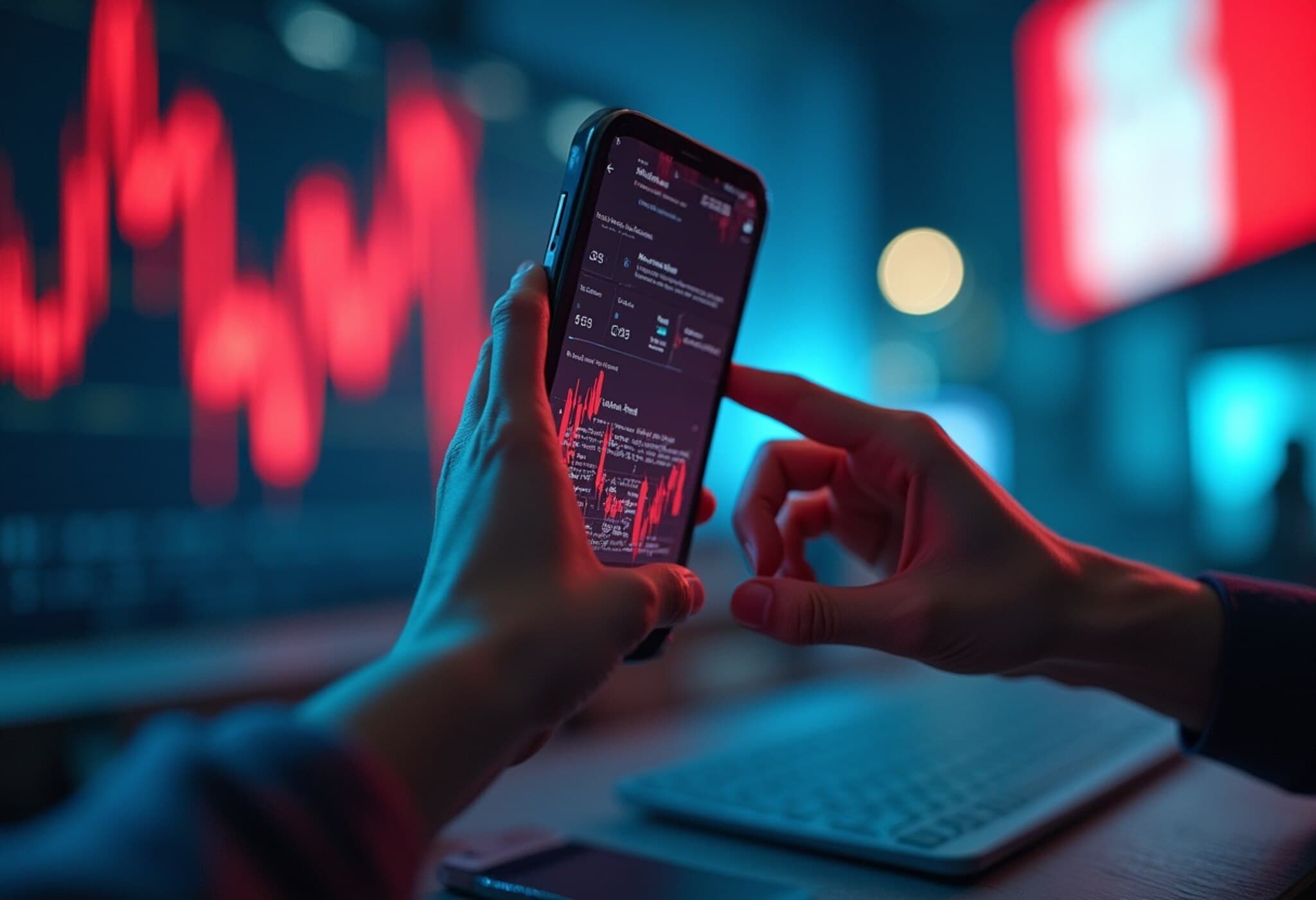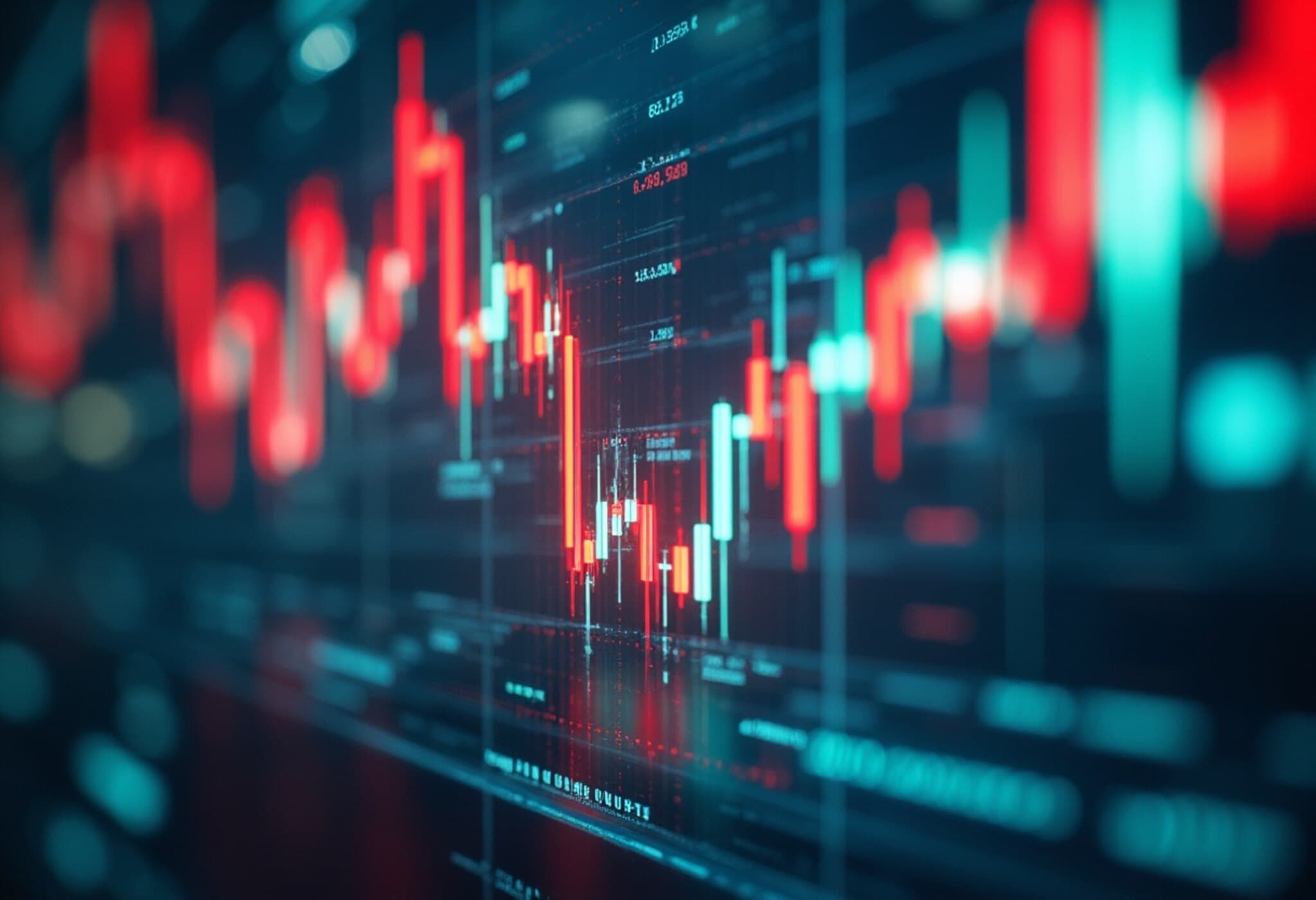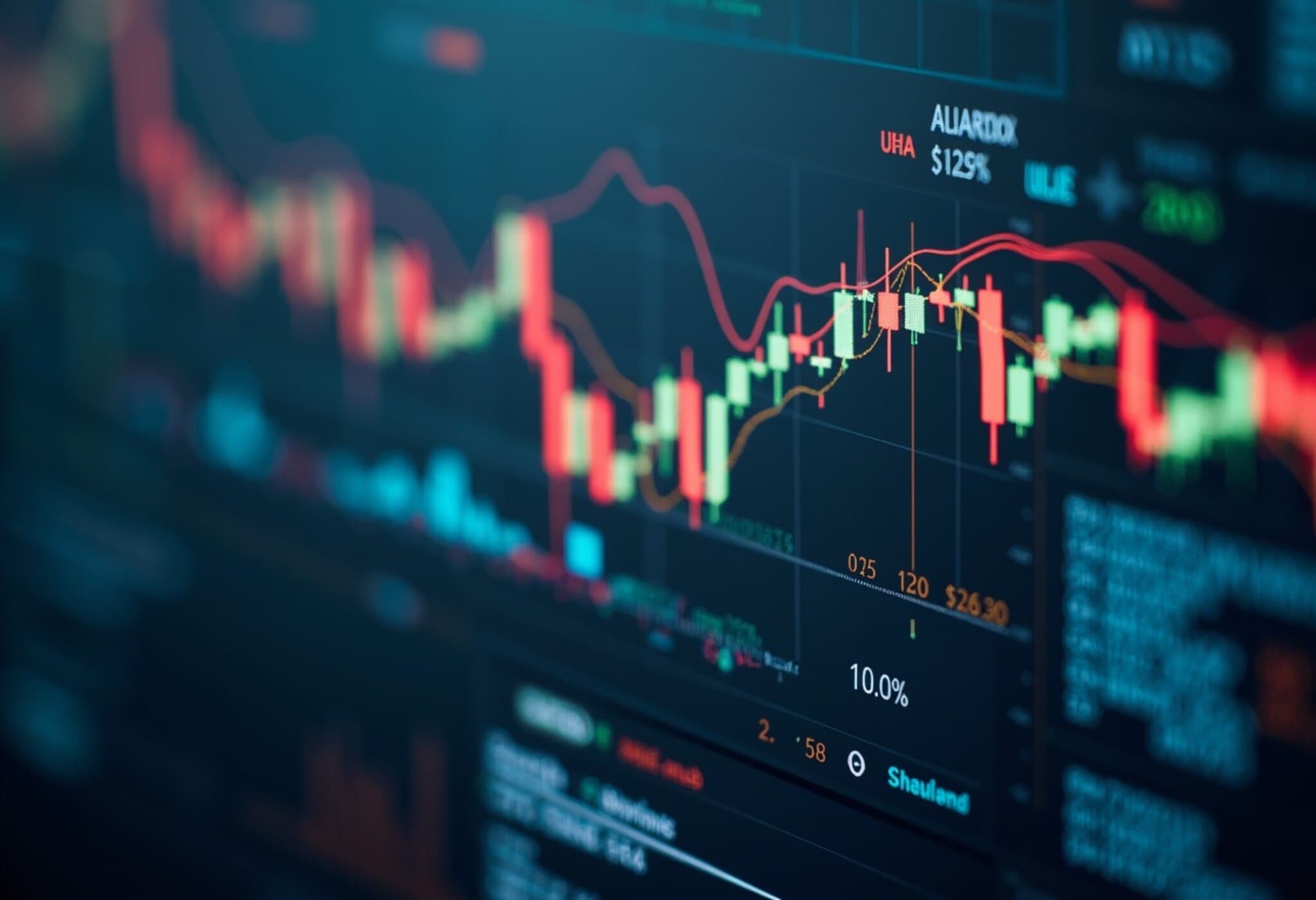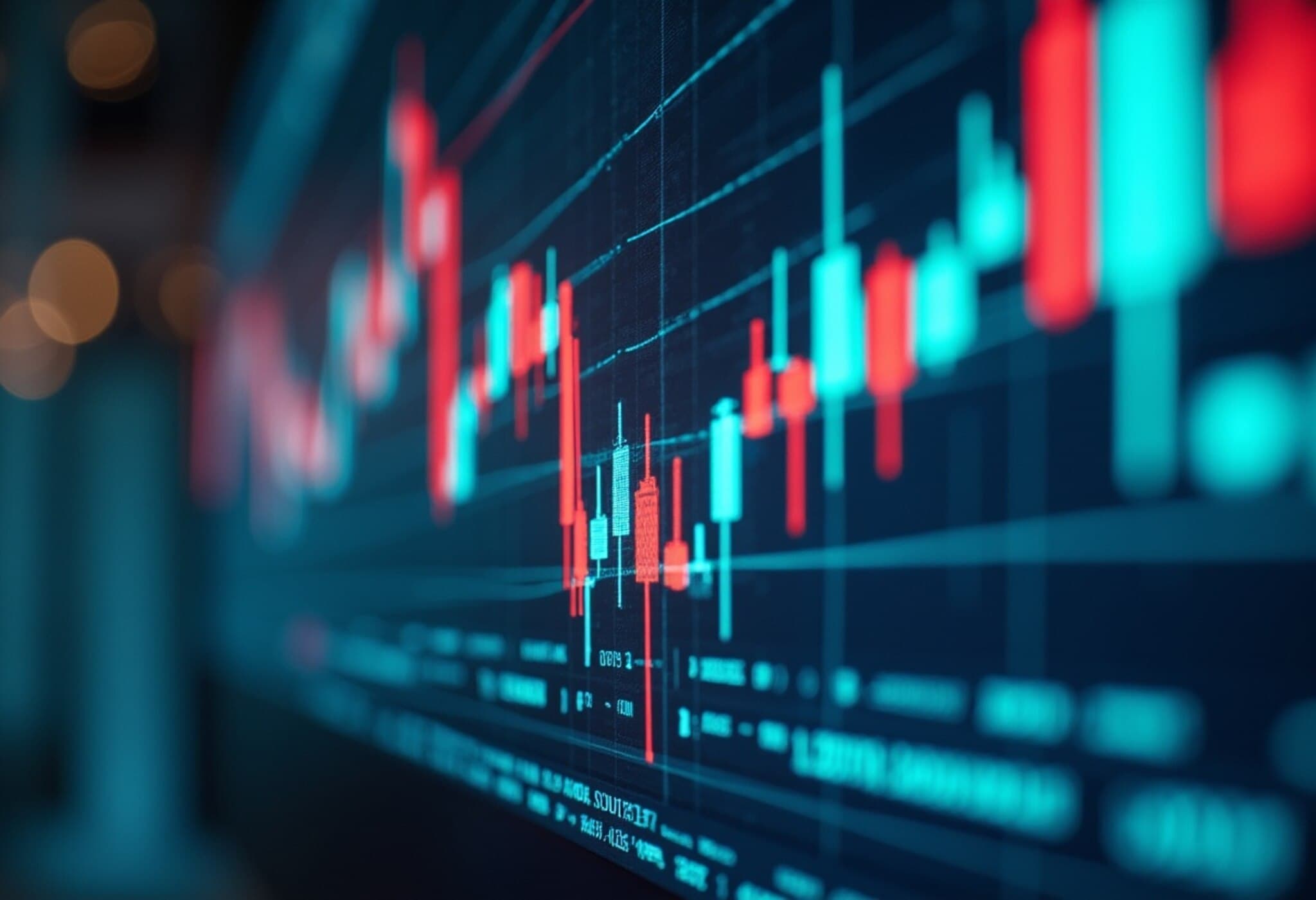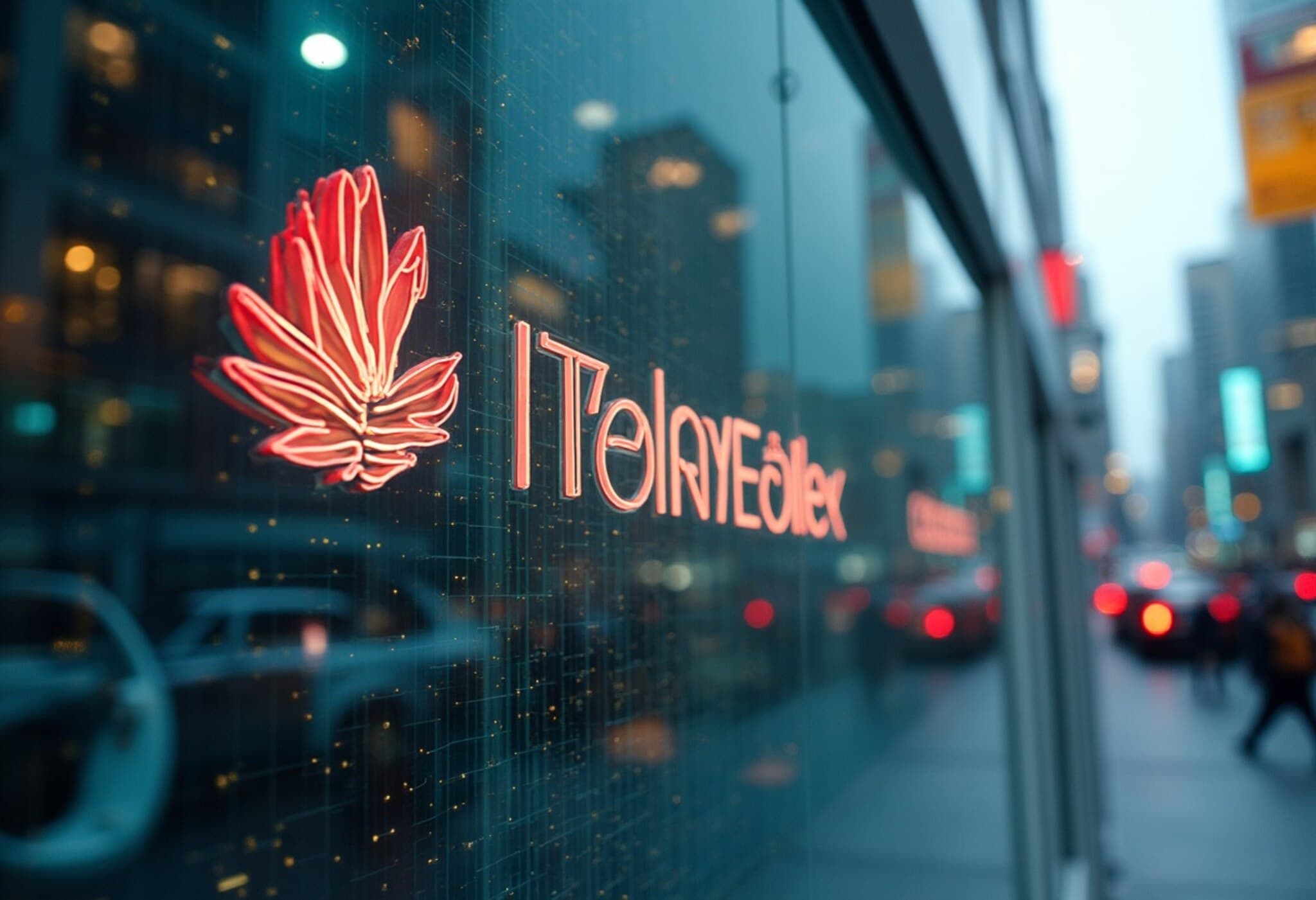Why Stock Buybacks Signal Strength in Uncertain Markets
As global markets grapple with ongoing geopolitical tensions and shifting trade policies, investors are increasingly seeking stability through companies with a consistent record of stock repurchases. According to recent analysis, firms that have reduced their share counts for at least a decade demonstrate resilience during volatile periods and often outperform heading into and out of economic downturns.
A Closer Look at the Leaders
One standout example is Apple Inc., whose shares have slid roughly 22% so far in 2025. Despite this pullback, Apple is aggressively pursuing buybacks, recently announcing a $100 billion stock repurchase program. Over the past year, Apple's buybacks equate to about 3.3% of its average market capitalization. Analysts remain optimistic, with approximately 62% maintaining a buy rating and price targets suggesting a potential upside near 16%.
Another key player is JPMorgan Chase, whose stock has appreciated approximately 11% in 2025. The banking giant has stepped up its buyback activity, even after CEO Jamie Dimon initially expressed reservations about repurchases, concerned stock prices were elevated. With a growing cash reserve, JPMorgan’s buybacks now represent about 4% of its market cap. Analysts are moderately bullish, with 56% endorsing a buy and an expected upside of around 3%.
Market Context: Volatility and Investor Sentiment
Stocks faced downward pressure recently amid a spike in oil prices triggered by escalating geopolitical conflicts in the Middle East. This volatility disrupted what could have been a notable three-week winning streak for equities. Meanwhile, optimism remains that trade negotiations involving the U.S., China, and other partners will progress, offering a potential tailwind for markets going forward.
What This Means for Investors
Companies with proven buyback momentum often signal strong confidence from management in their own prospects. Their steady reduction in outstanding shares may enhance shareholder value and cushion market swings. In uncertain times, such stocks can offer a defensive edge alongside growth potential.
- Consistent buybacks: A decade or more of repurchasing shares
- Defensive performance: Outperforming during recessions and recovery phases
- Notable examples: Apple and JPMorgan Chase
As investors navigate turbulent markets, paying attention to companies that commit capital to stock repurchases could uncover pockets of stability and growth.



